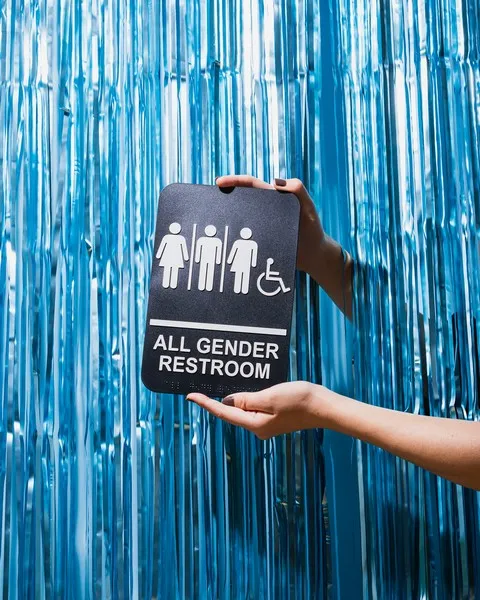In sociology, the study of gender and its impact on society is a crucial area of research. While much attention has been given to the negative effects of misogyny on women, it is equally important to examine the concept of misandry and its influence on gender stereotypes. Misandry refers to the hatred or prejudice against men, and its existence can perpetuate harmful gender norms and reinforce stereotypes. This article will outline and explain how misandry reinforces gender stereotypes, shedding light on the complex dynamics between gender and society.
The Nature of Misandry
Misandry can manifest in various ways, including societal attitudes, media portrayals, and interpersonal interactions. It is important to note that misandry, like any form of prejudice, is not representative of the entire population. However, its presence can have significant implications for gender dynamics and stereotypes.
Reinforcement of Traditional Gender Roles
Misandry can reinforce traditional gender roles by perpetuating the notion that men are inherently violent, aggressive, or emotionally detached. When misandry is expressed through negative generalizations about men, it can contribute to the belief that men are solely responsible for perpetrating violence or exhibiting negative behaviors. This reinforces the stereotype that women are passive and nurturing, while men are dominant and aggressive.
Undermining Male Vulnerability
Misandry can also undermine the recognition of male vulnerability and the importance of addressing men’s mental health issues. Society often expects men to be strong, stoic, and unemotional, which can lead to a lack of support for men who experience emotional distress or seek help. By reinforcing the stereotype that men are invulnerable, misandry can perpetuate the idea that men do not need emotional support or understanding.
Limiting Opportunities for Men
Misandry can limit opportunities for men by reinforcing the belief that certain professions or roles are exclusively for women. Just as misogyny can restrict women’s access to certain fields, misandry can create barriers for men who wish to pursue careers or interests that are traditionally associated with femininity. This reinforces gender stereotypes by perpetuating the idea that men should adhere to specific roles and occupations.
Impact on Intimate Relationships
Misandry can also impact intimate relationships by creating an atmosphere of distrust and hostility between men and women. When misandry is present, it can lead to generalizations and assumptions about men’s intentions or behaviors, which can hinder healthy communication and mutual understanding between genders. This reinforces gender stereotypes by perpetuating the idea that men are inherently untrustworthy or dangerous.
Addressing Misandry and Gender Stereotypes
To address misandry and its reinforcement of gender stereotypes, it is crucial to promote gender equality and challenge negative generalizations about both men and women. Education plays a vital role in combating misandry, as it encourages critical thinking and the examination of societal norms and biases. By fostering open dialogue and empathy, we can work towards a society that rejects prejudice and promotes understanding between genders.
Conclusion
Misandry, the prejudice against men, can have a significant impact on gender stereotypes and societal dynamics. It reinforces traditional gender roles, undermines male vulnerability, limits opportunities for men, and impacts intimate relationships. By recognizing the existence of misandry and actively working towards gender equality, we can challenge these stereotypes and create a more inclusive and equitable society for all.





